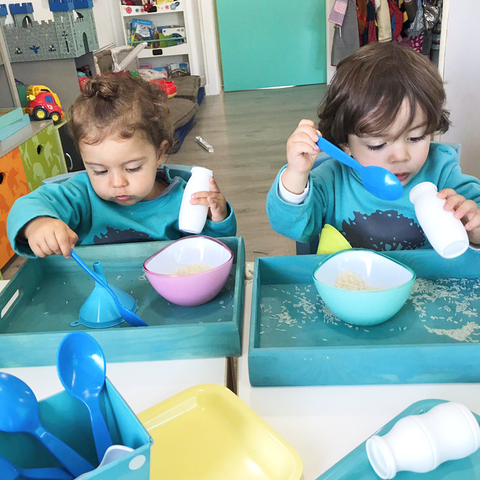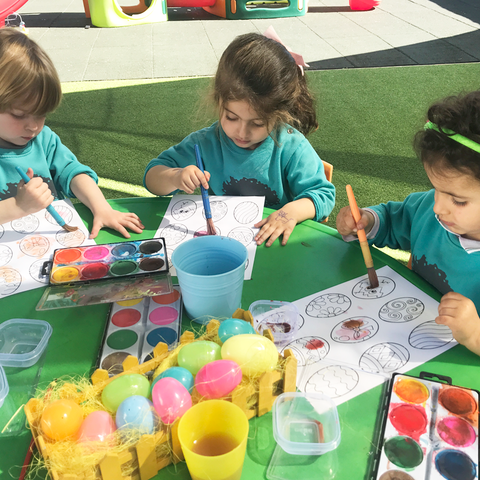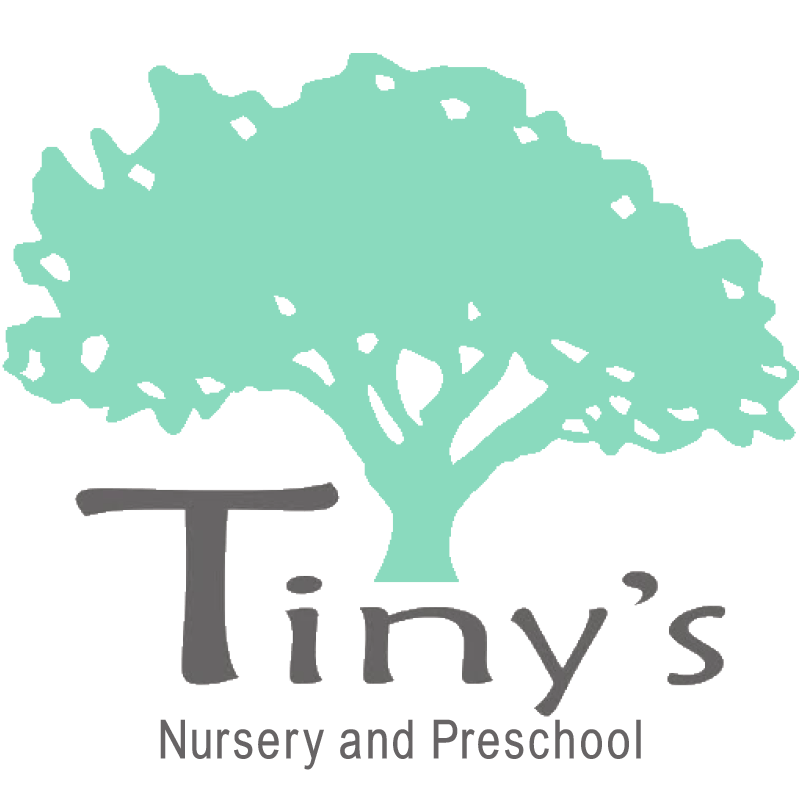Our Identity
Our educational project follows an open and coherent pedagogical approach that combines the traditional with the alternative and tries to motivate positive behaviours. We protect children's self-esteem by teaching them from childhood that we all have abilities and that these are the ones we have to promote.

Emotional intelligence and self-control
Know how to recognise your own emotions and managing them successfully is extremely important in all facets of life and especially when we want to learn. The little ones will discover the
strategies necessary for emotions to be a tool essential to discover the world around them.
Autonomy and initiative
From the first moment, the child will discover the value of personal effort and you will get used to your own self-discipline toto learn. Your work will be recognised, so we will motivate and understand them who depend above all on themselves to continue advancing, stimulating so his initiative.


Discovery learning
We understand that people learn better through direct contact, practice and discovery than through of direct instruction. Children should touch, smell, look and feel, in addition to listen, to achieve learning that is meaningful to them.
Cooperation and empathy
We teach them to listen to others, to respect their ideas, to have empathy and to collaborate and cooperate all together. We want prepare our little ones to be citizens of the world. To know communicating, listening to others or working as a team are skills fundamental in the globalised world in which we live.


Creativity and free expression
We encourage creativity and the free expression of children on a physical, intellectual and emotional level. It is imperative that children feel listened to and valued so that they can fully develop their personality.
Education in values
Reciprocal respect in all their interactions: between the same, with the teachers and with the family. Respect understood as the compliance with basic rules of coexistence and courtesy, but also in a broad sense: to oneself (personal hygiene, healthy habits), to other children (to their ideas, opinions and multiple identities) to nature and to the environment and, ultimately, to the world we inhabit.


Physical environment
Thought to adapt to your needs: it favours the movement and carrying out activities, it is clean and tidy, it is aesthetically attractive, it has abundant natural light around its perimeter and natural elements inside and outside the classroom.



